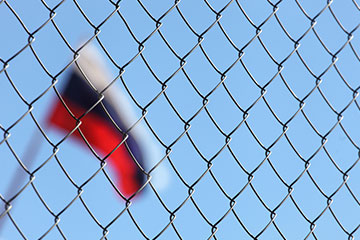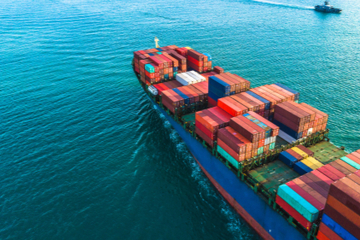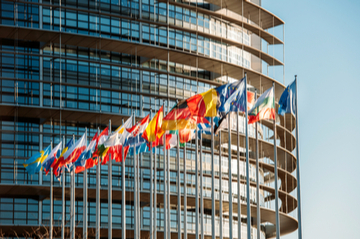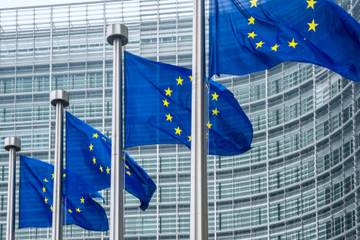Is your export control and sanctions compliance up to date?
The adoption of several comprehensive sanctions packages against Russia during 2022 has served as a stress-test for many European companies' compliance programs and illustrated that having sound written policies and processes in place can be crucial in ensuring the ability to take efficient decisions when trading internationally. If you haven't already, now is a good time to take experiences from the last year into consideration and fine tune your trade compliance setup.
In recent years, there has been an increasing political focus on export control and trade sanctions in the EU. This focus has been boosted significantly following the Russian invasion of Ukraine and the unprecedented sanctions enacted by the EU. Having written policies and procedures setting out a roadmap for how to comply with applicable trade sanctions and export control regulations can be of significant value when navigating the political climate in international sales.
In addition to possibly aiding or supporting questionable activities, such as the proliferation of weapons of mass destruction, indirectly funding the Russian war in Ukraine, etc., violations of applicable trade sanctions and export control regulations may not only lead to fines and criminal charges for the company and its management, but also serious adverse media and reputational risks.
For some, having written procedures in place can even be a necessity. By way of example, when applying for global export authorisations, the competent authorities in the respective member states must take into consideration the exporter's implementation of an Internal Compliance Programme (or an "ICP"). For some export authorisations, the implementation of an ICP is even a requirement.
A sound ICP is based on a risk analysis of the company's concrete operations and clearly sets out, inter alia, who is in charge of the company's trade compliance, what screening processes the company must conduct, how compliance with the ICP is audited and what corrective measures must be taken if a violation is suspected.
The EU Commission has issued a recommendation on internal compliance programmes for dual-use trade controls. The recommendation sets out seven core elements for an effective ICP:
- Top-level management commitment to compliance
- Organisation structure, responsibilities and resources
- Training and awareness raising
- Transaction screening process and procedures
- Performance review, audits, reporting and corrective actions
- Recordkeeping and documentation
- Physical and information security
However, while the core elements are mostly universal, there is no "one size fits all" for ICPs. Every ICP must be tailored to the concrete circumstances of the company it is made for.
Many companies already have different initiatives in place to ensure trade sanctions and export control compliance, and in that case, creating a formal ICP may simply be an exercise of putting actions into words.
However, writing down the procedures in one document ensures that all information is collected and thought through, and that it can be accessed by all employees, including new employees who may not have prior knowledge of the company's compliance measures.
Plesner's international trade team has extensive experience in advising on both trade sanctions and export control-related issues, including in drafting ICPs, and we often assist in drafting and maintaining ICPs based on the exact needs and risks of our clients' specific situations.
Read The Commission Recommendation (EU) 2019/1318 of 30 July 2019 on internal compliance programmes for dual-use trade controls under Council Regulation (EC) No 428/2009







